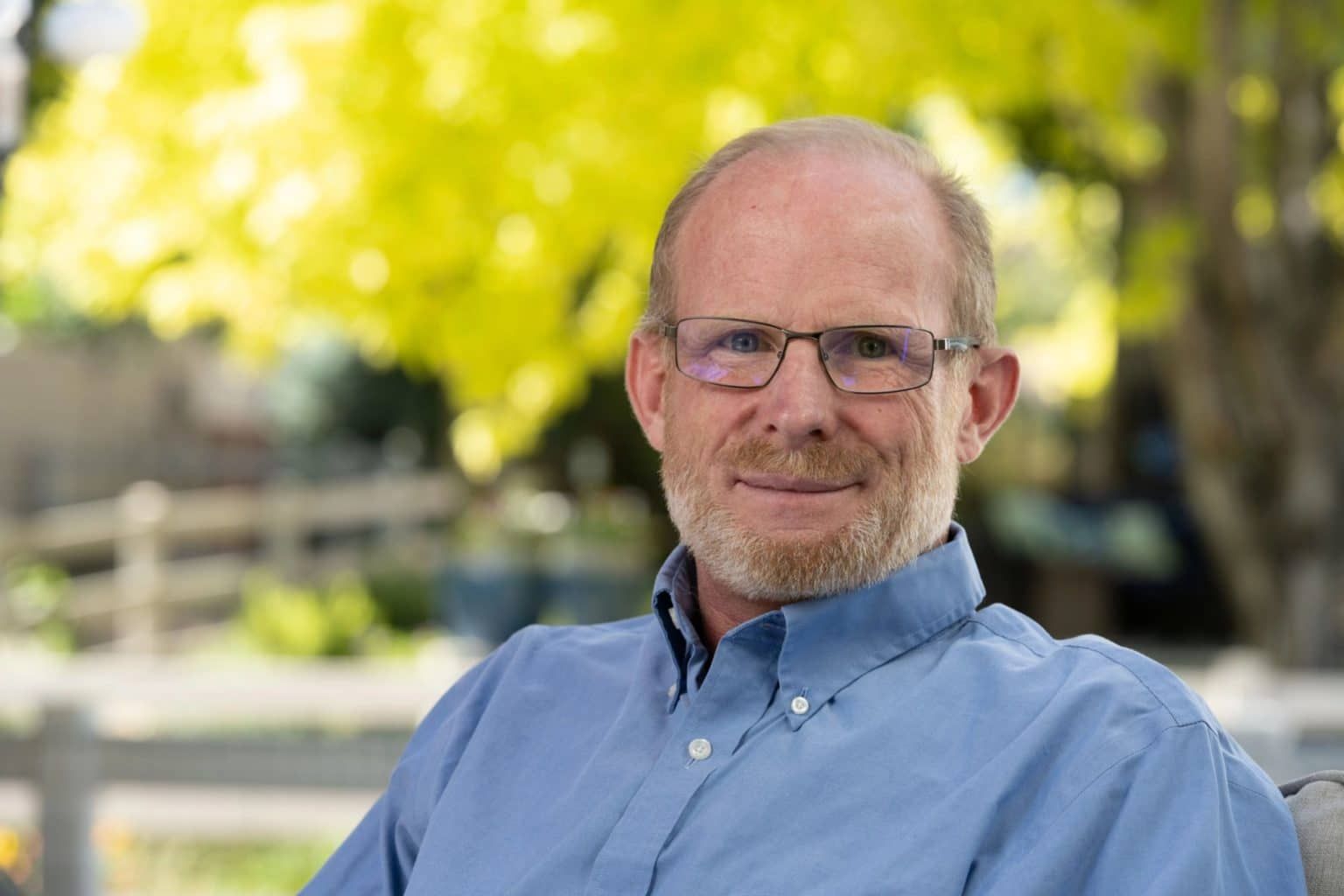CSU economics institute pairs research with practical entrepreneurship

FORT COLLINS — Colorado State University is looking to pair economic research with communities around the state that need information in order to develop new economic engines.
Called Colorado REDI, or Regional Economic Development Institute, it is led by economics professor Stephan Weiler and Dawn Thilmany, professor of ag economics at the university.
Weiler, in an interview with BizWest, said that the program is meant to extend research to the farthest reaches of the state.
SPONSORED CONTENT
Exploring & expressing grief
Support groups and events, as well as creative therapies and professional counseling, are all ways in which Pathways supports individuals dealing with grief and loss.
“One of things we’ve done, and somewhat purposely, is to arc toward rural Colorado where attention is a lot scarcer,” Weiler said. “They [University of Colorado economists] cover the Front Range in a way that’s really exceptional.”
The needs in rural Colorado for economic diversification are great, he said, and communities are reaching out to the university for expertise.
He cited several situations around the state in which economic data is needed to help find solutions to regional problems.
Moffatt County, for example, is a coal transition county with communities clamoring for ways to replace income that will be lost when coal-generated electricity plants close.
The 2026 closing of the Henderson Molybdenum Mine, north of Interstate 70 in Clear Creek County, has the county looking for alternative work and income solutions.
Dolores County in southwest Colorado has an economy based on raising beans. Diversification is needed, Weiler said.
“What do people need to make the best possible decisions in their eco-systems,” he asked. REDI can provide “practical things. … [the institute can get] timely research out to communities that are lacking in the kinds of metrics they need.” He said demographic information, labor and productivity information, data to support entrepreneurship are all things that the institute will provide. He said that sometimes “getting the information the last mile” can be a challenge.
The institute has posted numerous studies on its website, including this one that evaluated use of ag and community-based cooperatives as an ownership model.
“The idea is to get that information out there and translate it into a form that they can use.”
Weiler said the university will send out graduate students this summer to Clear Creek and Dolores counties, among others, to help determine what business prospects are there.
“We’re not going to turn the eastern plains into something other than ag,” he said. “But we can add value.”
The university has hired a new, tenured professor who will work half time with the university’s extension service and half within economics to “travel the state and link communities with the campus more effectively.”
Those links can have significant economic impacts. Weiler said in the San Luis Valley, for example, potato and barley farming have been the backbone for generations. But potatoes by themselves have low margins. Potato chips, however, as a consumer product have much higher margins and help provide additional income opportunities for residents.
The same for barley. Coors has raised barley in the valley for generations because the altitude makes use of pesticides unnecessary. With the growth of microbrewing in the state, connections that CSU created between farmers and brewers have resulted in a new market for crops.
“With the rise of the microbreweries, we knew there was enough demand in the state for a malting operation in the valley. We put a viability study together for that, and investors took our work and now a lot of beers proudly advertise that they get malt from the valley,” he said.
Weiler expects to do more of the same in 2023.
“Economics is common sense in a lot of ways but getting people to understand it in a way that is useful is key.”
FORT COLLINS — Colorado State University is looking to pair economic research with communities around the state that need information in order to develop new economic engines.
Called Colorado REDI, or Regional Economic Development Institute, it is led by economics professor Stephan Weiler and Dawn Thilmany, professor of ag economics at the university.
Weiler, in an interview with BizWest, said that the program is meant to extend research to the farthest reaches of the state.
“One of things we’ve done, and somewhat purposely, is to arc toward rural Colorado where attention is a lot scarcer,” Weiler said. “They [University of Colorado economists] cover…
THIS ARTICLE IS FOR SUBSCRIBERS ONLY
Continue reading for less than $3 per week!
Get a month of award-winning local business news, trends and insights
Access award-winning content today!


